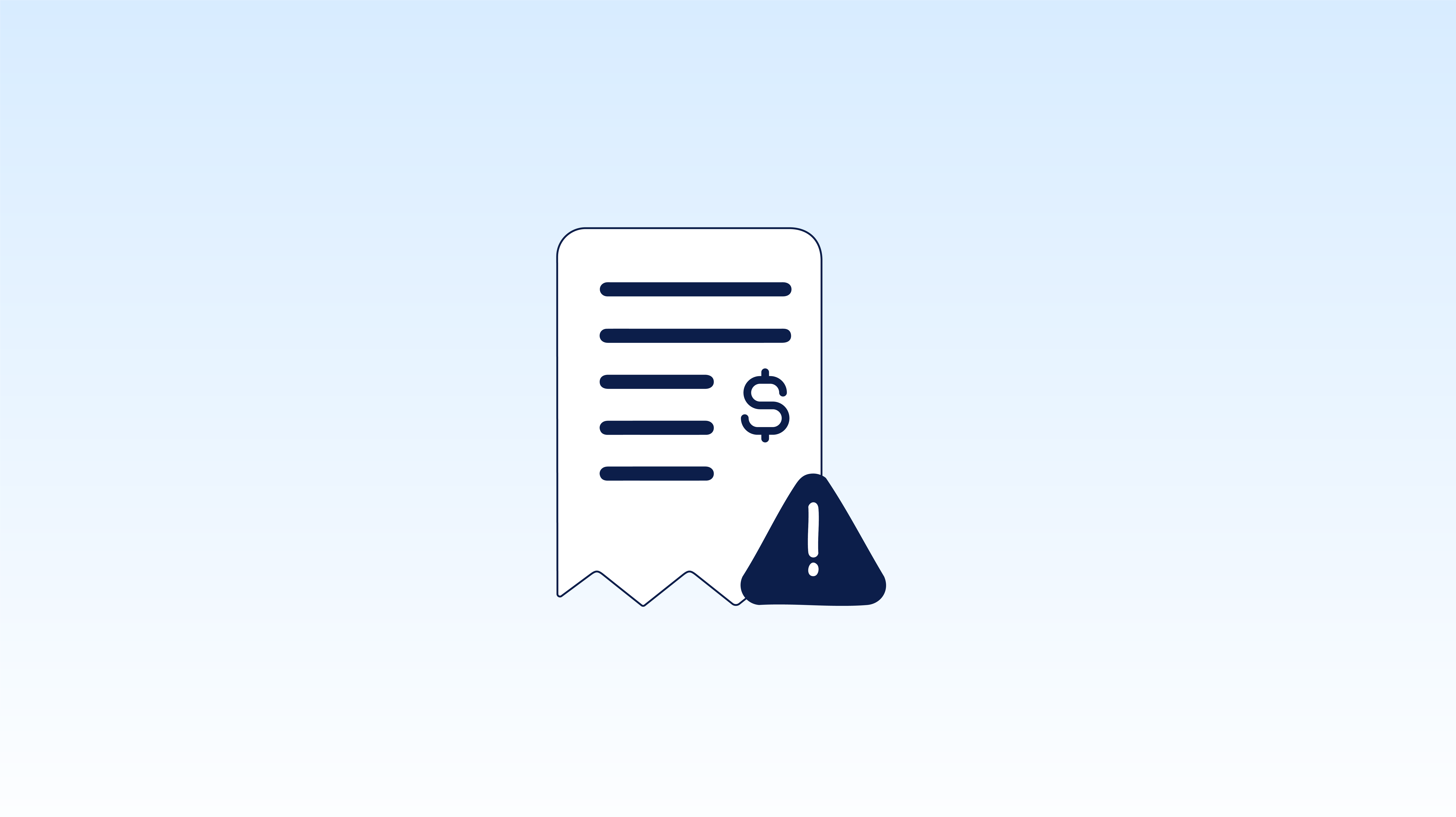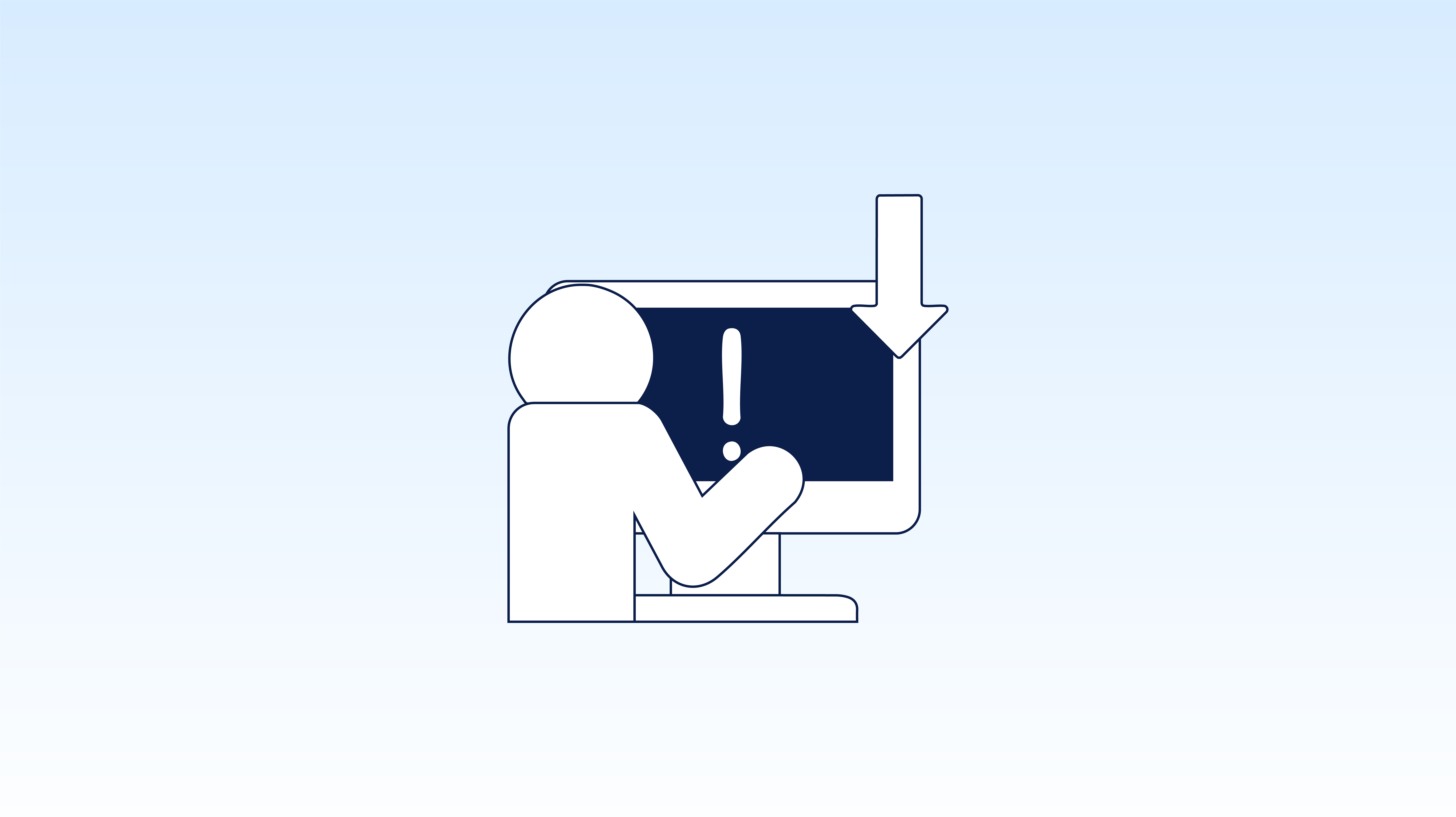Auto Dealership Accounts Payable: How to Reduce Errors with AP Automation
If you've worked in accounts payable (AP), you know that many operational struggles begin with errors in manual data entry of invoice data. While...
5 min read
March 18 2025
by
![]() Chris Cosgrove
Chris Cosgrove

Today’s auto dealerships must be efficient, competitive, and technologically advanced to meet the growing demands of customers and vendors. Achieving this can take time, especially if a dealership hasn’t yet implemented any type of automation.
A 2024 report by The Hackett Group identified automation as one of the top five priorities for CFOs, alongside data security, cost efficiency, productivity, enhancing stakeholder experiences, and maximizing technology investments. This highlights the increasing importance of digital transformation in auto dealerships, where automation can significantly improve operations using data-driven technologies.
This article explores the most common accounts payable (AP) challenges auto dealerships face and offers a path to overcoming them with accounts payable automation.
Accounts payable, compared to other back-office processes like payroll or human resources, is more prone to inefficiencies due to its reliance on manual invoice processing and data entry. While payroll and HR can be streamlined with automation, AP often requires more frequent human intervention, leading to delayed payments, errors, and resource-heavy management that a dealership can resolve with the help of automation.
Manual invoice processing is one of the leading causes of delays in accounts payable. Without automation, invoices are usually routed through multiple departments for approvals, causing significant lag times. Staff must manually verify details, match purchase orders, and ensure compliance with payment terms—increasing the chances of bottlenecks.
Inaccurate data entry is another contributing factor to invoice processing delays because it leads to errors that require rework. Then, with fewer checks and balances, invoices can be misplaced or lost altogether, causing a ripple effect throughout the entire payment cycle and complicating reconciliation efforts.
Moving forward, these delays can strain vendor relationships, lower vendor satisfaction, and disrupt cash flow management. Delays also contribute to inefficiencies within the finance team, diverting attention from more value-added activities like financial analysis or strategic planning.
Relying on paper checks for payments in accounts payable not only introduces operational inefficiencies but also increases the risk of security breaches. Additionally, the time spent generating, printing, and mailing checks takes away valuable resources from other essential functions within the department.
These mistakes can lead to payment delays and potential disputes with vendors. Paper checks also require physical storage, adding clutter to office space and complicating the retrieval process when records are needed.
Without the speed and security of electronic payment methods, paper checks also make it more difficult to track payments and reconcile accounts promptly. The resulting inefficiencies make scaling operations difficult, as the process becomes increasingly cumbersome as transaction volumes grow.
A 2024 report by the Association for Financial Professionals (AFP) revealed that checks continued to be the most problematic payment method year over year, with 65% of organizations reporting check fraud activity.
Without automated systems in place, managing compliance with evolving tax laws, payment regulations, and industry-specific guidelines becomes an ongoing challenge for accounts payable teams. Invoices must be carefully scrutinized to ensure they comply with local, state, and federal regulations; failure to do so can lead to costly fines or legal penalties.
Manually tracking regulatory updates adds complexity to the process, especially in international settings where tax laws may differ significantly from region to region. Accounts payable departments that lack a robust audit trail are also at risk of overlooking key compliance checks, which can result in incorrect payments or missed reporting deadlines.
Manual AP processes significantly increase the risk of fraud and make it easier for fraudulent activities to go undetected. This lack of control in a manual system makes it easier for employees or external parties to commit fraud, as there is less oversight and accountability. Sensitive vendor payment information is also often stored in paper form or in unsecured files, which increases the likelihood of data theft or tampering, posing significant accounts payable challenges.
As companies grow, managing fraud risks manually becomes even more complex, especially with an expanding network of vendors and transactions. A lack of automation reduces the ability to monitor payments in real-time, further complicating the detection and prevention of fraud. As a result, organizations that do not implement safeguards are at greater risk of falling victim to fraud, damaged reputations, and potential double payments.
34% of businesses responding to an Ardent Partners study reported a business payment fraud attack over the past year, highlighting the critical need for improved accounts payable processes. (Ardent Partners, 2024).
As a dealership grows, so does the complexity of their AP operations. Manual systems are ill-equipped to handle increased transaction volumes and higher numbers of vendors, so significant roadblocks to scaling arise. In other words, when data entry is performed by hand, the risk of errors grows as the volume of invoices rises.
Additionally, scaling manual processes requires more resources, whether it’s more staff to handle the increased workload or more physical storage to manage paper records. In many cases, organizations struggle to keep up with the demands of a growing business due to their inability to implement automation or integrated systems.
A manual accounts payable system also lacks the flexibility needed to adapt to changes, such as new payment methods or tax regulations. This inability to scale effectively can result in missed opportunities, both in terms of optimizing payment processes and capturing early payment discounts. In particular, for organizations with plans to expand or enter new markets, an inflexible accounts payable system can quickly bottleneck and limit overall operational efficiency.
When accounts payable is disconnected from a dealership’s DMS or accounting system, inefficiencies quickly arise, hindering the visibility of payment statuses. The lack of integration means that data must be manually entered and updated across different platforms, leading to increased risk of errors and discrepancies. Without seamless communication between systems, it becomes difficult to track real-time cash flow or maintain accurate records for reporting and audits.
Vendors also face delays since the lack of system integration prevents payments from being processed smoothly and in a timely manner. As a result, the dealership is unable to fully leverage its financial data for decision-making. With growing transaction volumes and an increasing number of vendors, disconnected systems then create substantial barriers to efficiency, scalability, and overall financial performance.
Operating in data silos has caused 70% of organizations some type of data breach in the past 24 months (Hyperproof, 2024).
Implementing AP automation addresses many of the accounts payable challenges dealerships face, transforming manual, error-prone processes into streamlined, efficient workflows. By automating invoice processing, dealerships can significantly reduce the delays caused by manual data entry, approval bottlenecks, and human errors.
With AP automation, paper checks become a thing of the past. Instead, dealerships can utilize secure electronic payment methods to help eliminate the risk of check fraud and improve overall payment security. Automated systems also make it easier to track payments, reconcile accounts, and ensure compliance with tax laws and industry regulations by providing transparent audit trails. This not only reduces the risk of fines and late fees but also simplifies reporting and auditing processes through enhanced visibility.
Another important aspect of AP automation is its ability to help a dealership grow and scale. As transaction volumes grow, automated systems can handle increased invoices without requiring additional staff or physical storage. Integration with other dealership systems, such as the DMS or accounting software, ensures seamless data flow, reduces errors, and provides real-time insights into cash flow and financial performance.
Ultimately, AP automation offers dealerships the ability to eliminate inefficiencies, reduce fraud risks, and improve vendor relationships, all while supporting long-term growth and profitability. By adopting automation software, dealerships can stay ahead in a competitive market and focus their resources on more strategic tasks while improving accounts payable processes.
By implementing AP automation, your dealership can streamline operations, reduce errors, and improve vendor relationships to help position your business for growth and profitability while minimizing duplicate payments. With automated processes in place, you can eliminate inefficiencies, reduce fraud risks, and enhance compliance—transforming your accounts payable from a liability into an asset.
Want to learn how AP automation can revolutionize your dealership's back office? Fill out our online form to get more information about CloudX’s AP automation solutions and start your journey toward a more efficient, scalable future today!

If you've worked in accounts payable (AP), you know that many operational struggles begin with errors in manual data entry of invoice data. While...

Today’s auto dealerships must be efficient, competitive, and technologically advanced to meet the growing demands of customers and vendors. Achieving...

Vendor payments in auto dealerships, by and large, have been governed by manual processes involving keying paper invoices into accounting systems,...